The debut of this Russian band, whose death metal in "Ascension of The Dark Prophet" covers many nuances and, in fact, the "symphonic" label is only referential since several elements are heard that could make their music of some label more flexible. I'm not very surprised by the quality of Saphath, the Russian scene has been releasing good bands for some time now, but listening to such a good debut, with that quality of sound and composition, is surprising. That is why Metallerium interviewed Alexey Durae, vocalist of this extreme band.
Para leer la entrevista en español: Entrevista a Saphath
Metallerium: Welcome to Metallerium website! Thank you very much for taking the time to answer our questions. First of all, how are you? How has the band been?
Saphath: Greetings! Thank you for having us. We are pretty busy of late, trying to promote our album, organize a tour around the Far East of Russia and make some decent stylish merch whilst putting together ideas for the second album… it’s all super expensive for an independent band and the world is not in the best state right now, but it’s exciting at the same time.
Looking forward to making a couple of great shows!
Metallerium: This is our first interview and you are a young band. Do you mind introducing the band to Metallerium’s readers?
Saphath: With pleasure. Saphath is a six-person band, with Alexey Duraev as a lead singer, lyricist, and mandolin player, Dmitriy Badulin as a guitarist and background singer, and Nikita Tetetin as a guitarist (yes, he is the father of this face-burning solos), Alexander Klimkov as a bass player, The Faceless One as a drummer and Alexandra Balenko as a singer, composer of choir parts and arrangements. Both Alexey and Alexandra sing in the choir.
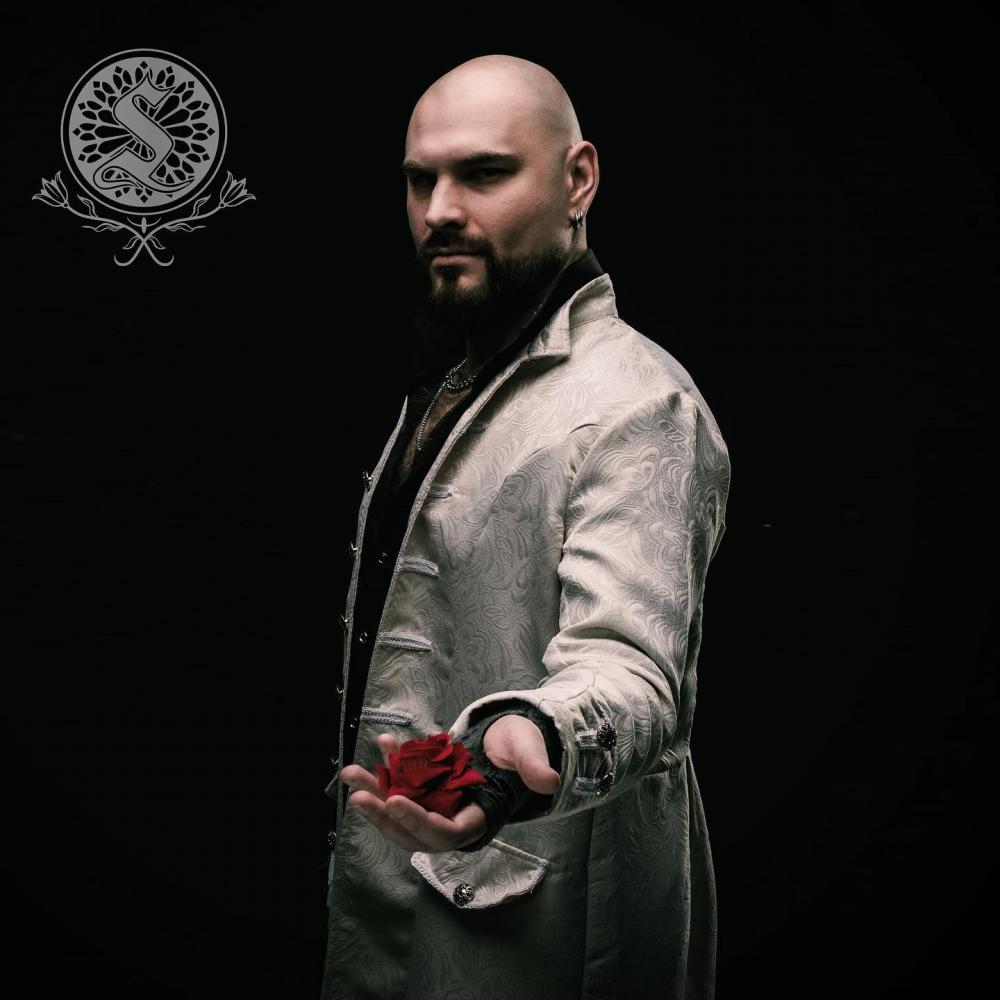
Metallerium: What does Saphath mean? What are your influences in terms of sound and lyrics?
Saphath: Saphath is one of the names for a river between the worlds of the living and the dead in Slavic mythology. This balance reflects on the songs in some sort of duality that lies in both music and lyrics here and there. As for the sound, I’d call Moonspell, Dimmu Borgir, and Cradle of Filth as the main influence. We also wanted to stay contemporary in terms of sound and our friend Christian Donaldson of Cryptopsy did a grand job of mixing and mastering. If you bring up lyrics, it is mostly classic English poetry, mainly G. Byron, but there are a lot of influences from H. P. Lovecraft, E. A. Poe, C. Barker, A. Crowley, and so on.
Metallerium: Your first album “Ascension of the Dark Prophet” was released on April 8th. How are you feeling about fans and media reaction to the album until now?
Saphath: Overall, very pleased with the reception. Quite surprised, too – it is very positive everywhere. Looks like a sign of a good job, hopefully, the audience will grow and more people will have a chance to listen to it. What’s most satisfying is that people who are not into heavy music are still able to appreciate it.
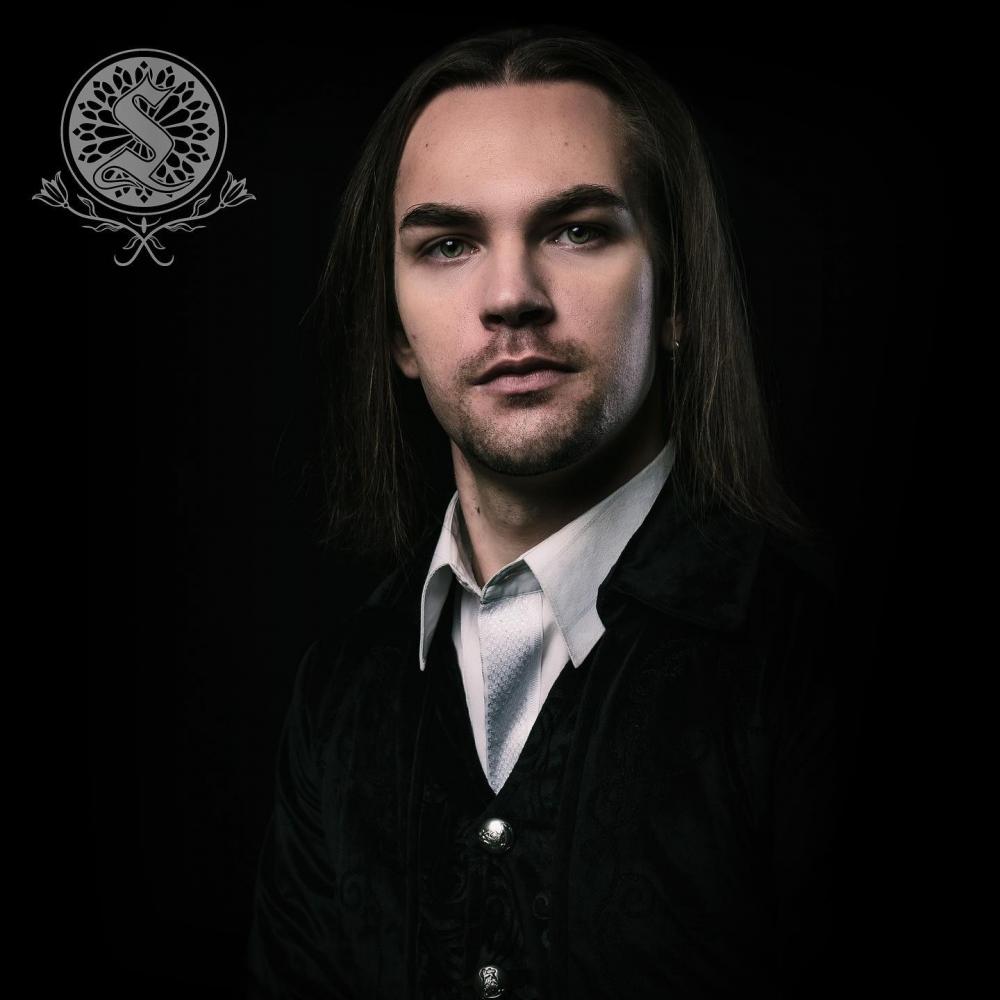
Metallerium: The band was formed in 2019 and a year later we began to face a pandemic. How did it affect you as a new band? Did it have an impact on your compositions?
Saphath: Yes, it affected everything, but not exactly in a bad way. On one hand, there were troubles meeting in person since Alexey could not get back to the band’s home city for quite a while. On the other, the rest of the band had quite a few days off from their jobs and were able to do a lot. We learned to work remotely pretty efficiently. In two words, we did not really suffer or benefit from it – just reorganized the process.
Metallerium: How did you choose the album’s cover art and its name?
Saphath: The album is called “Ascension of the Dark Prophet”. The Dark Prophet is a character of harsh fate, an outsider in his world, rejected by society, but possessing indomitable willpower and independence. Since his youth, he hears a voice of Darkness in his head and the Darkness is not just mindless universal power, she is a person, a lady of forbidden knowledge and defiance. You may look at him as Antichrist or Cain and perceive her as Lilith or Mara (Slavic goddess of death), but it is more to them than the old tales. The Prophet aims for reaching the city he sees in his dreams, and this would be the story of his ascension. On the album cover you can see the final step of his ascension – he oversees the city and the Darkness is there with him, he finally meets her in person. Pretty much, the cover summarizes the dark path of the character anyone can relate to at some point.
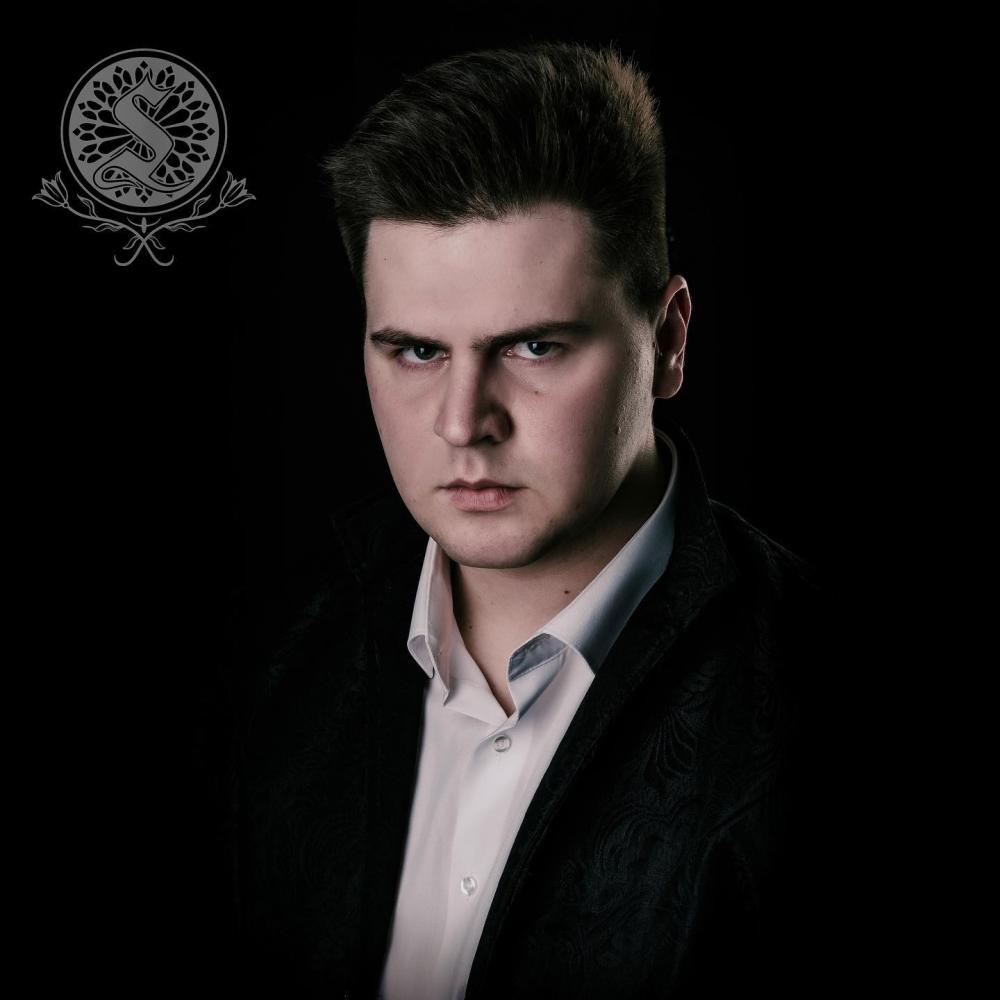
Metallerium: You did a great job with the video of “Outcast of Eden” and the lyric video of “The Raven”. The result is very professional for a new band. How did you come up with the ideas for the videos?
Saphath: Ideas are no problem at all, both songs have a lot of thought put in them, and all we needed to do is to portray this thought. “The Raven” was super easy, as the idea of the song was a “what if” thing – what if the main hero of Edgar All Poe’s poem “The Raven” was alone in his house because he was afraid of something outside? Maybe it was the plague? That was how the song got written and imagining the scenes was pretty easy too, as it was in the middle of the pandemic with people staying home. As for “Outcast of Eden”, the scenario was not as easy, as the song is assuming a dialogue between a dark preacher and the listener, so we made a little story of the mentioned dark preacher showing his side of the world to a girl who is in doubt about her religion and picture of the being overall. It worked out quite well, big thanks to the people who’ve been working on both videos!
Metallerium: It surprised me that you released your album in an independent way. Did you decide to work on your own or were there labels interested in your music?
Saphath: we did not really get the concept of working with a label; besides that, we are quite remote on our island. The musicians that are only starting with a debut album do not really get labels’ offers. We would look at those, but we never received any. On the other hand, it gave us a certain degree of freedom, no complaints about that.
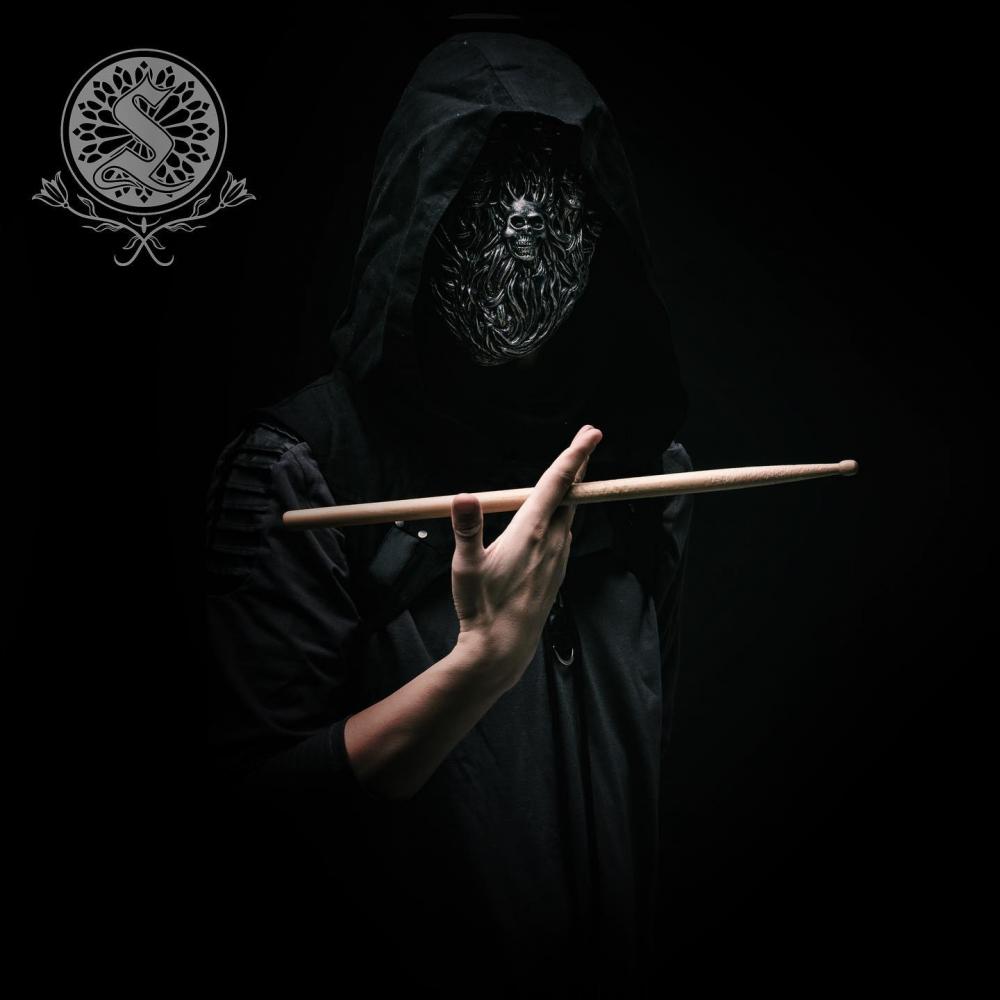
Metallerium: What are your plans after releasing the album? What is the situation for the music industry in your country?
Saphath: We have already mentioned the tour around the Far East of Russia, which will also be the start of our live activity. No plans for playing abroad right now, it is hard to leave Russia for most countries in the world right now. As for the music industry in the country – the rock/metal side of it is badly underdeveloped. Wherever you go with a show – you spend more than you get, there are not so many places you can play in and so on.
Metallerium: In addition. How is the Rock/Metal scene in your city/country?
Saphath: If we bring up our island, it does not really exist here – just one small bar for headbangers. There are a couple of really good bands playing there once in a while, all the rest of the time it’s mostly cover bands. If we talk about the Far East in general – there are quite a few great bands and some decent gigs happening around, although not too often. Russia in general is not much of a metal country, but we’ll see how it goes.
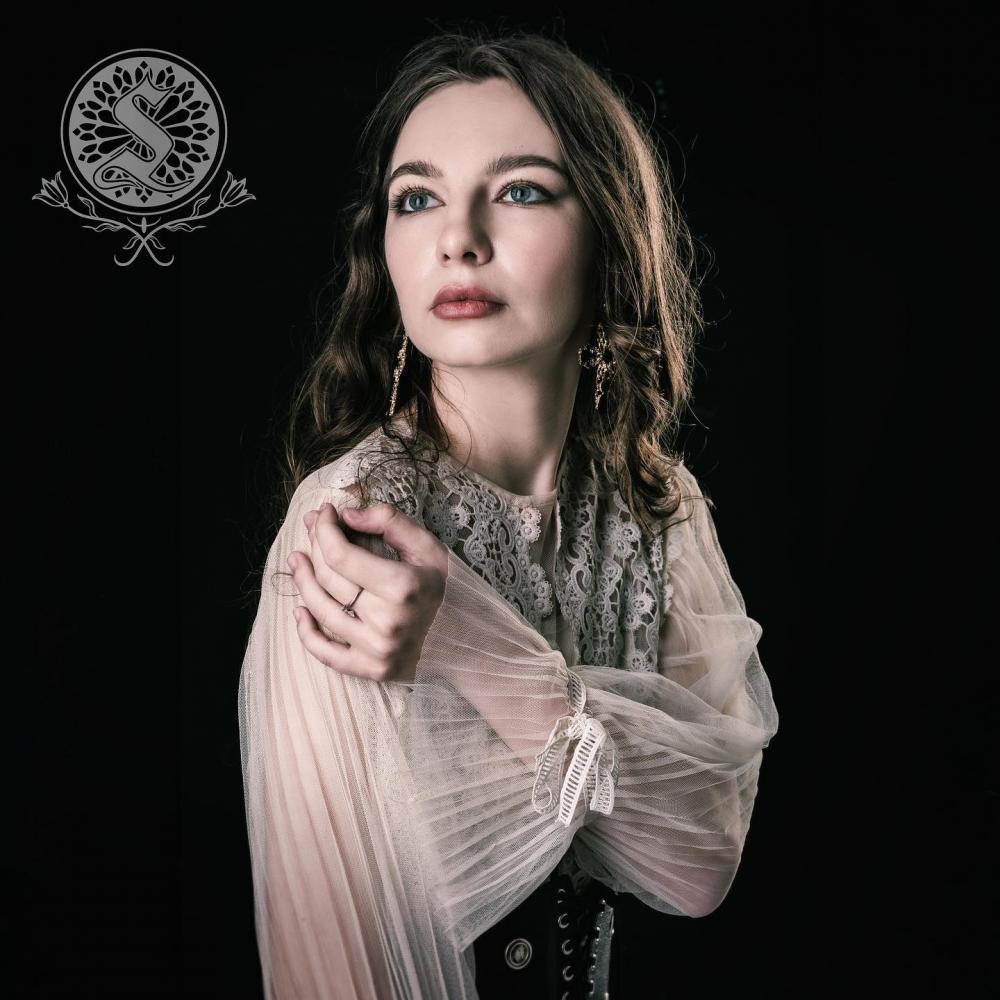
Metallerium: We already posted a review of your debut album (9/10) We really like it a lot! It is a great way to begin your career as a band but having such a good first album could make you feel pressure for the second album. How are you going to deal with that?
Saphath: Pressure? Not really, it is not the way we look at it. The first album plays around different elements and has a lot of wild cards and the second one will give us a chance to make an even better applications for them. There are several songs already drafted for the next releases and there are a couple of things we can tell you already – there will be more unexpected twists in the new music. Also, our choir director/ arranger/singer Alexandra joined the band at the point when the album had already been composed and you can only hear her singing in choirs or in ambient vocal parts. Now, with her being a full-time band member, we are writing songs leaving the room for her to unleash her power, and she is quite a talent, so with all being said, we know exactly how to surprise you even more.
Metallerium: Talking about other topics. Technology has good and bad things. Nowadays it gives the tools to work independently as a band or musician and achieve people from the other side of the world. For example, we are from Perú but we have access to your music. On the other side, we have thousands of bands releasing albums so there is too much competition, and digital platforms or streaming services can make selling physical copies of an album quite difficult. What is your opinion or perspective about this situation as a young band?
Saphath: You see, most of the band members are too young to remember the life before the Internet and romanticize the process of wandering around the music stores picking a new tape or CD because the album art looks promising. Of course, those who do think that nowadays's situation devaluates the releases to some extent. On the other hand, it brings young bands and the famous ones closer in some relation. Everything is relative, the world is changing, so the only way is the way forward.
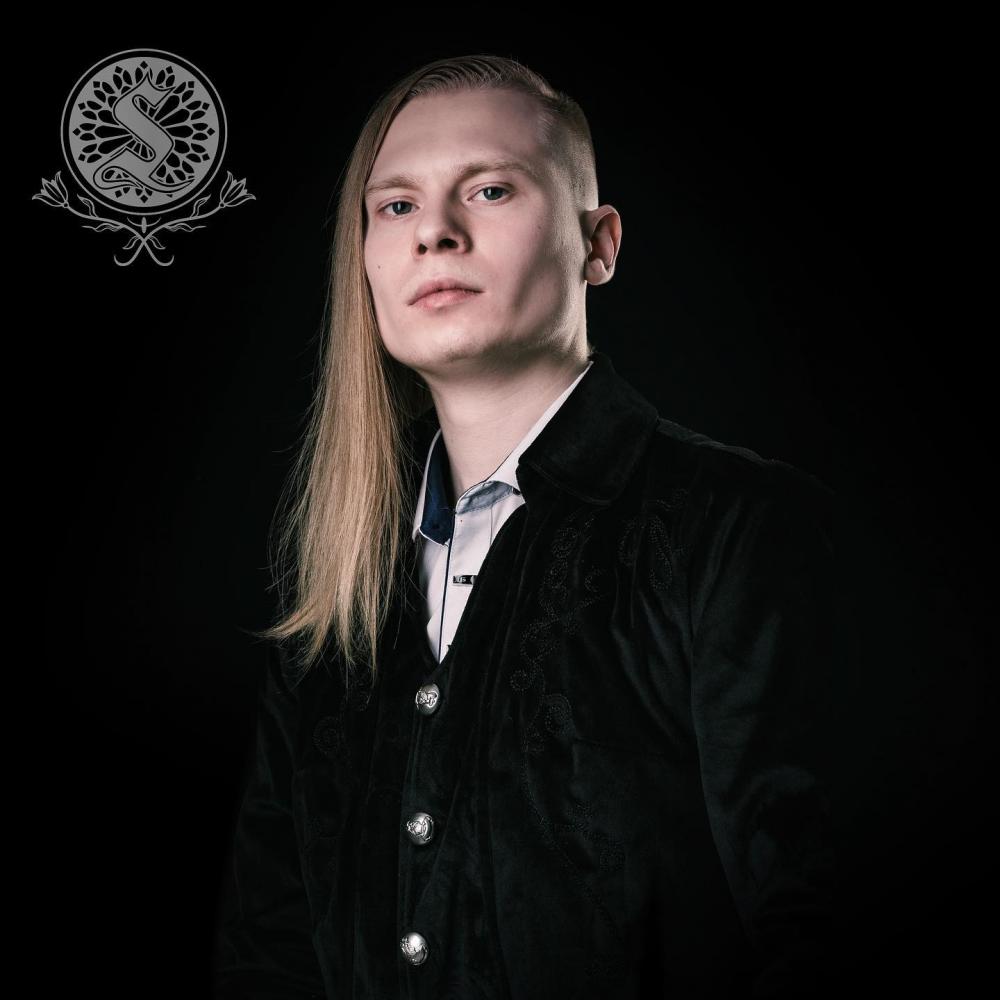
Metallerium: Nowadays, it is hard to label bands into one specific genre or musical style. Modern bands combine different sounds in order to find their own sound. In your case, we can enjoy many sounds and different genres in every song. How do you work in order to make it sound organic and coherent? How do you build your songs?
Saphath: We serve them shaken, not stirred. Really – everything comes down to ideas. If a piece of an idea unfolds best in, let’s say, Black Metal riffs – we just let them play and come down to something else. Our songwriting is something comparable to possession – once we start working on a song, the song starts speaking to us and asking us to take it in one or another direction, and we just let it go. If someone brings an idea to the table, we do it – every musician in the band is quite experienced and nothing goes to waste.
Metallerium: Before we finish, have you had the chance to listen to bands from this part of the world?
Saphath: If you mean Latin America – yes, of course! Sepultura was super big in Russia for the most part of the 90s and 2000s, we’ve been rocking to Assessing and Mortem, and enjoyed Godless and Luciferian a lot… Also, we are good friends with a Mexican band Orcus O Dis, they have just released a new album, too.
Metallerium: Again thanks a lot for your time and congratulations on a great debut album! We wish you all the best and we hope to see a better situation for all of us soon! And why not? Maybe one day we can see you touring in this part of the world. Is there anything you want to say to your fans in Latin America and Metallerium’s readers?
Saphath: Muchas gracias por interes in nuestra musica! It matters little where we are, but it matters a lot who we are – brothers and sisters in metal, people who appreciate art and are able to think freely! We would frankly enjoy coming to see Latin America, hopefully, sooner than later. Might as well enrich our music with some aftertaste of local cultures. And also – if you enjoy what we do, feel free to reach us on social media, and share opinions and ideas. We are super easy with that. Be safe and well and let the new day bring something good to everyone!

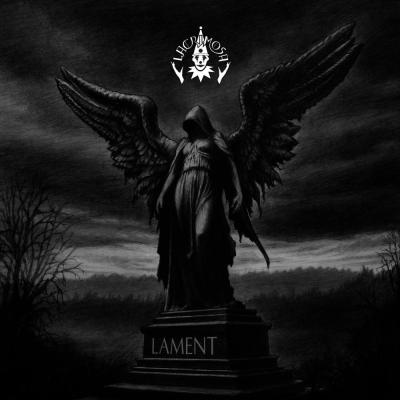 Lacrimosa - Lament - 2025
Lacrimosa - Lament - 2025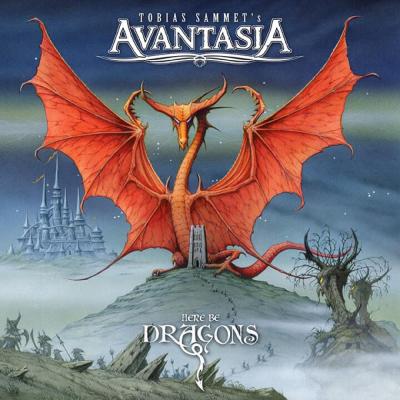 Avantasia - Here Be Dragons - 2025
Avantasia - Here Be Dragons - 2025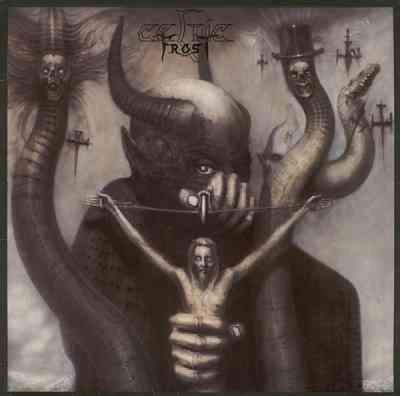 Celtic Frost - To Mega Therion - 1985
Celtic Frost - To Mega Therion - 1985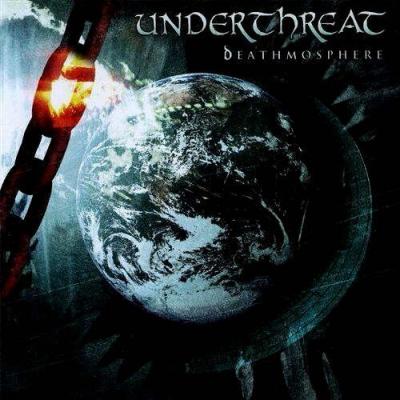 Under Threat - Deathmosphere - 2006
Under Threat - Deathmosphere - 2006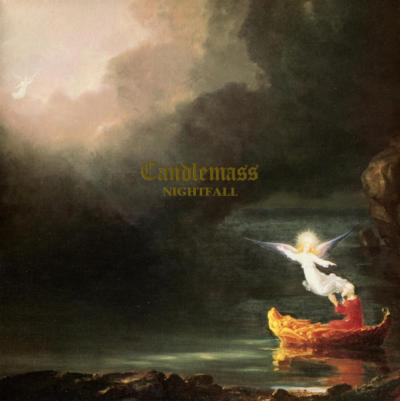 Candlemass - Nightfall - 1987
Candlemass - Nightfall - 1987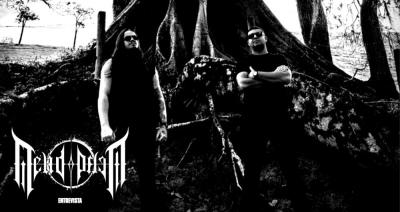 Entrevista a A Dead Poem
Entrevista a A Dead Poem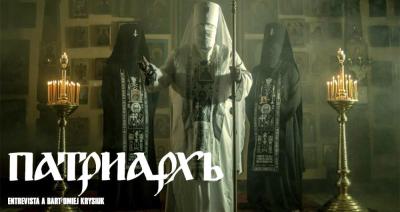 Entrevista a Patriarkh (Bartłomiej Krysiuk)
Entrevista a Patriarkh (Bartłomiej Krysiuk)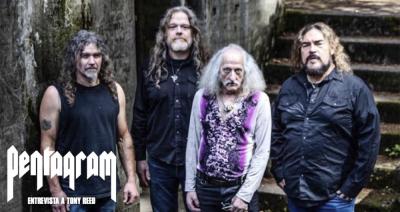 Entrevista a Pentagram (Tony Reed)
Entrevista a Pentagram (Tony Reed)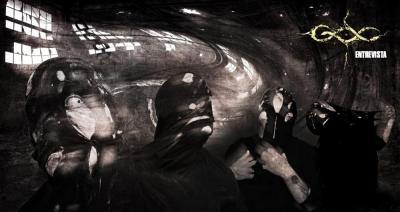 Entrevista a G. O. C. (Atanh)
Entrevista a G. O. C. (Atanh)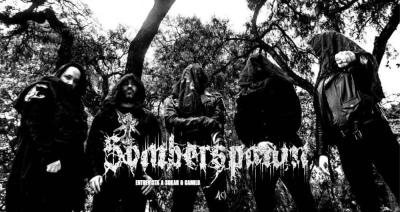 Entrevista a Somberspawn (Sokar & Camilo)
Entrevista a Somberspawn (Sokar & Camilo)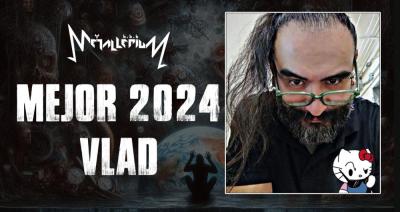 Lo mejor del 2024 según Vlad
Lo mejor del 2024 según Vlad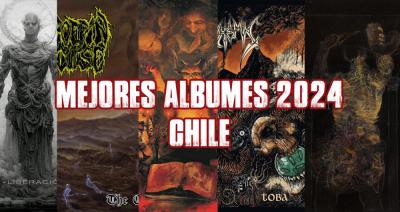 Lo mejor de Chile 2024
Lo mejor de Chile 2024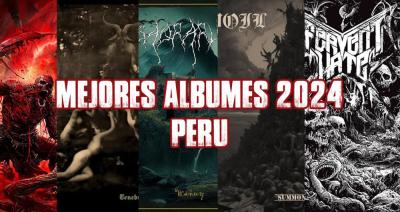 Lo mejor de Perú 2024
Lo mejor de Perú 2024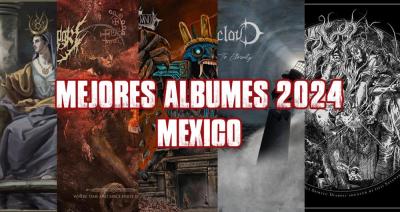 Lo mejor de México 2024
Lo mejor de México 2024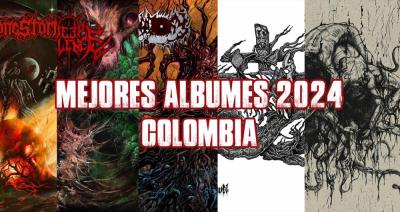 Lo mejor de Colombia 2024
Lo mejor de Colombia 2024 Nunslaughter presentan sencillo principal de nuevo álbum Satanic Chaos Legions
Nunslaughter presentan sencillo principal de nuevo álbum Satanic Chaos Legions
 The Great Observer presentan nuevo sencillo The Great Observer de nuevo álbum Loss of Transcendence
The Great Observer presentan nuevo sencillo The Great Observer de nuevo álbum Loss of Transcendence
 Requiem in White presentan nuevo sencillo Reckless in Misery de nuevo álbum The Visible Heaven
Requiem in White presentan nuevo sencillo Reckless in Misery de nuevo álbum The Visible Heaven
 Multiwomb presentan nuevo sencillo Placenta Cannibal Feast de nuevo álbum Anatomy of Gorelust
Multiwomb presentan nuevo sencillo Placenta Cannibal Feast de nuevo álbum Anatomy of Gorelust
 Anasarca presentan nuevo álbum Achlys y se pueden tres canciones promocionales
Anasarca presentan nuevo álbum Achlys y se pueden tres canciones promocionales
 Vomitory presentan nuevo sencillo For Gore and Country de nuevo álbum In Death Throes
Vomitory presentan nuevo sencillo For Gore and Country de nuevo álbum In Death Throes
 Pure Wrath presentan nuevo sencillo Spectral Insomnia de nuevo álbum Bleak Days Ahead
Pure Wrath presentan nuevo sencillo Spectral Insomnia de nuevo álbum Bleak Days Ahead
 Pig's Blood presentan nuevo sencillo Strikeforce of Isolate Will de nuevo álbum Destroying the Spirit
Pig's Blood presentan nuevo sencillo Strikeforce of Isolate Will de nuevo álbum Destroying the Spirit
 Black Sabbath
Black Sabbath Millennium
Millennium A Forgotten Dream
A Forgotten Dream Furia Del Alma
Furia Del Alma De Mysteriis Dom Sathanas
De Mysteriis Dom Sathanas